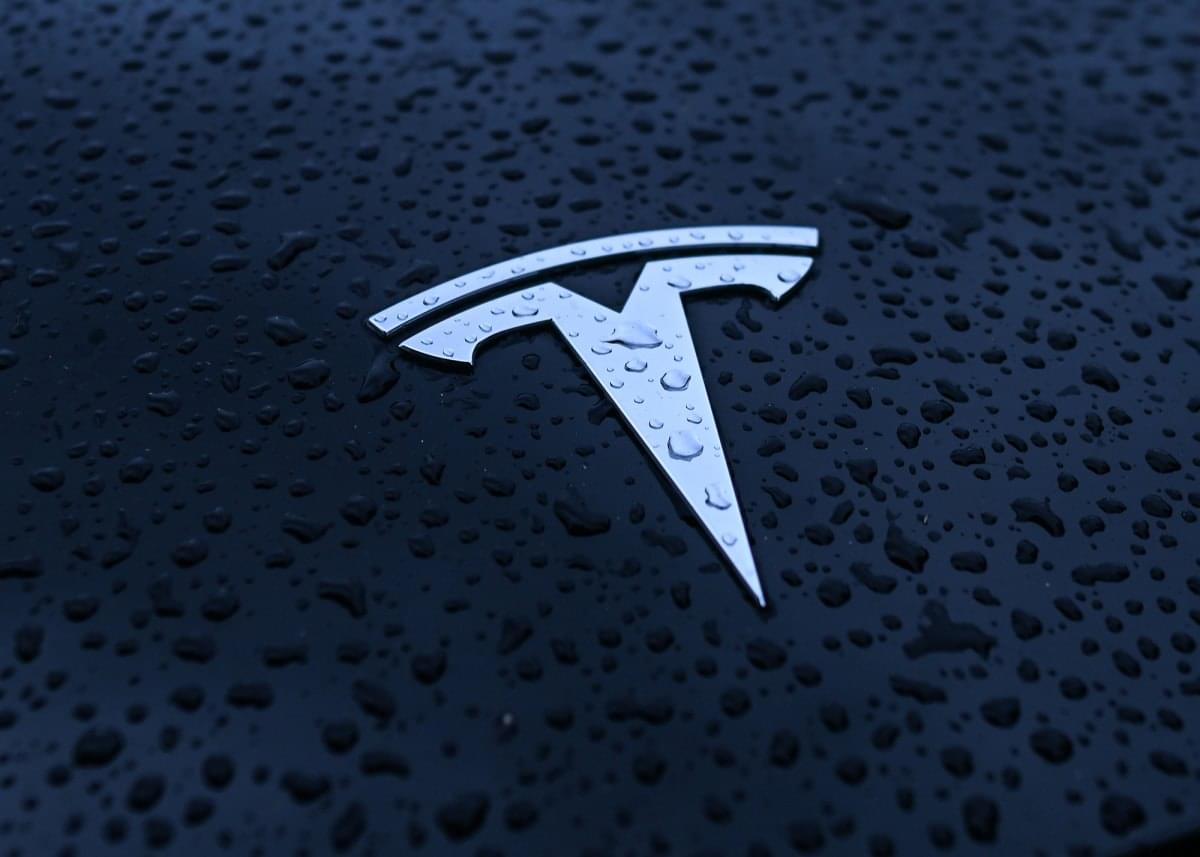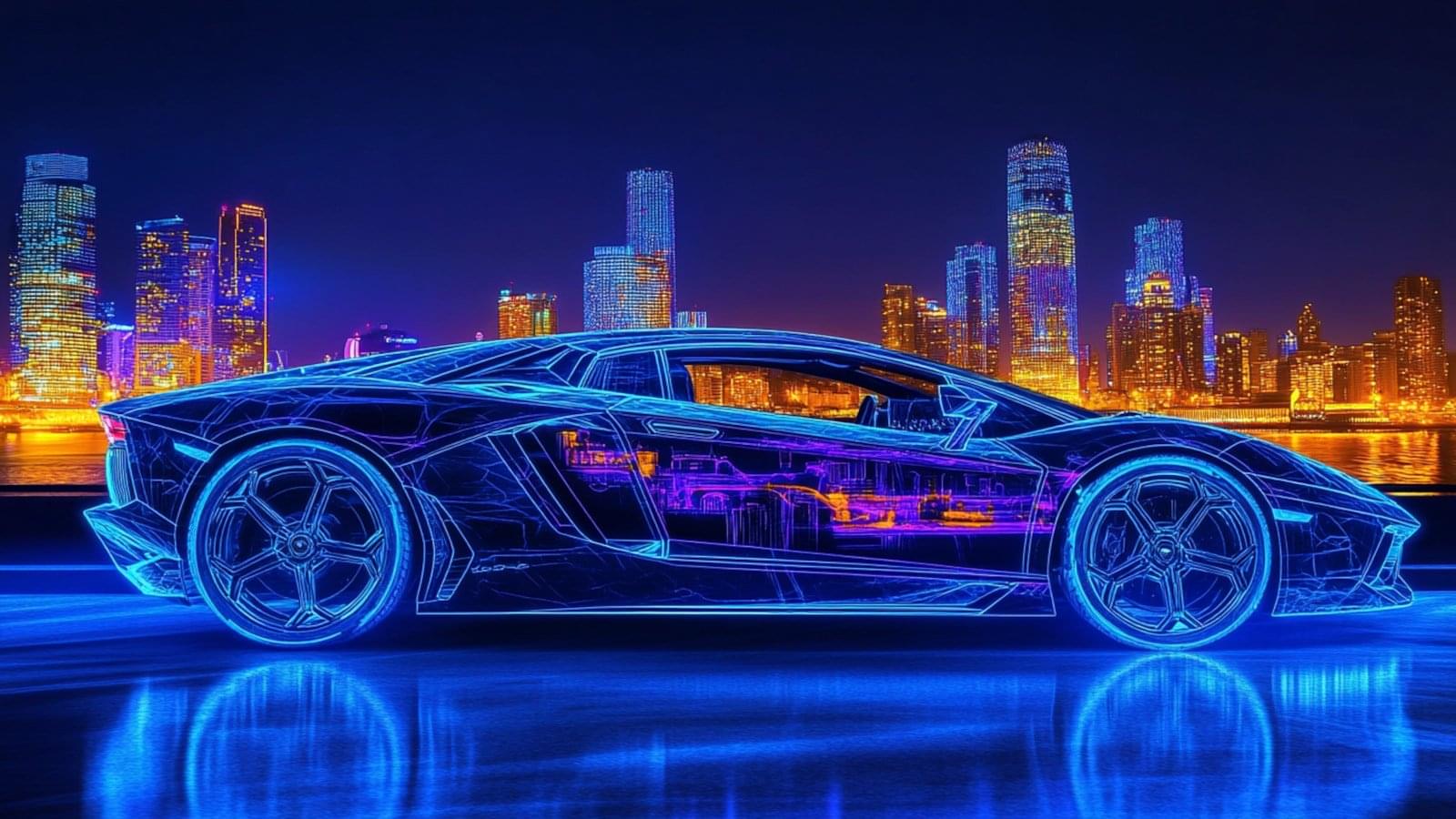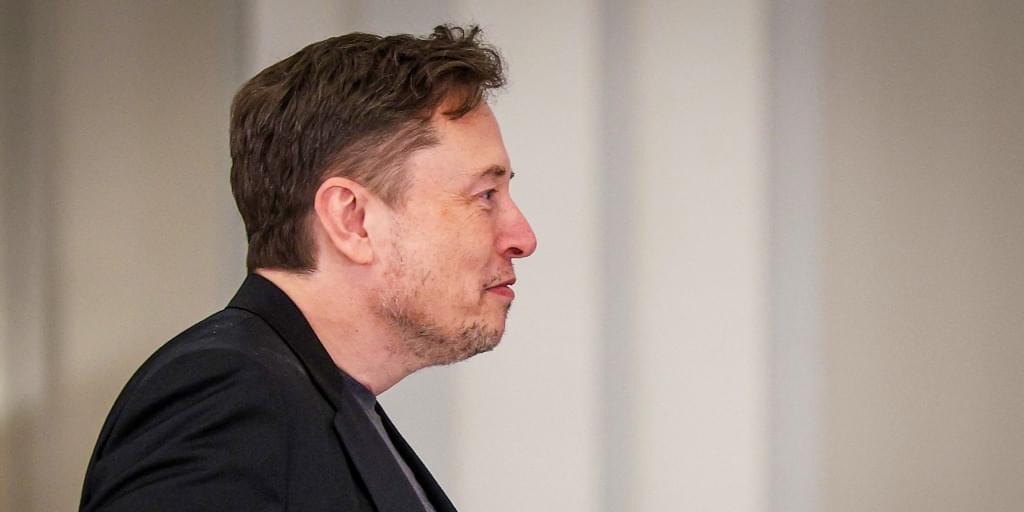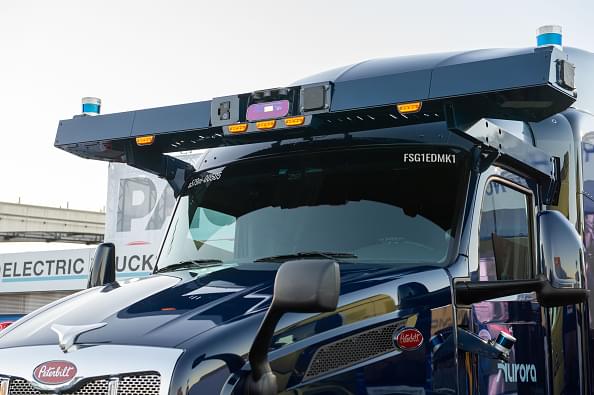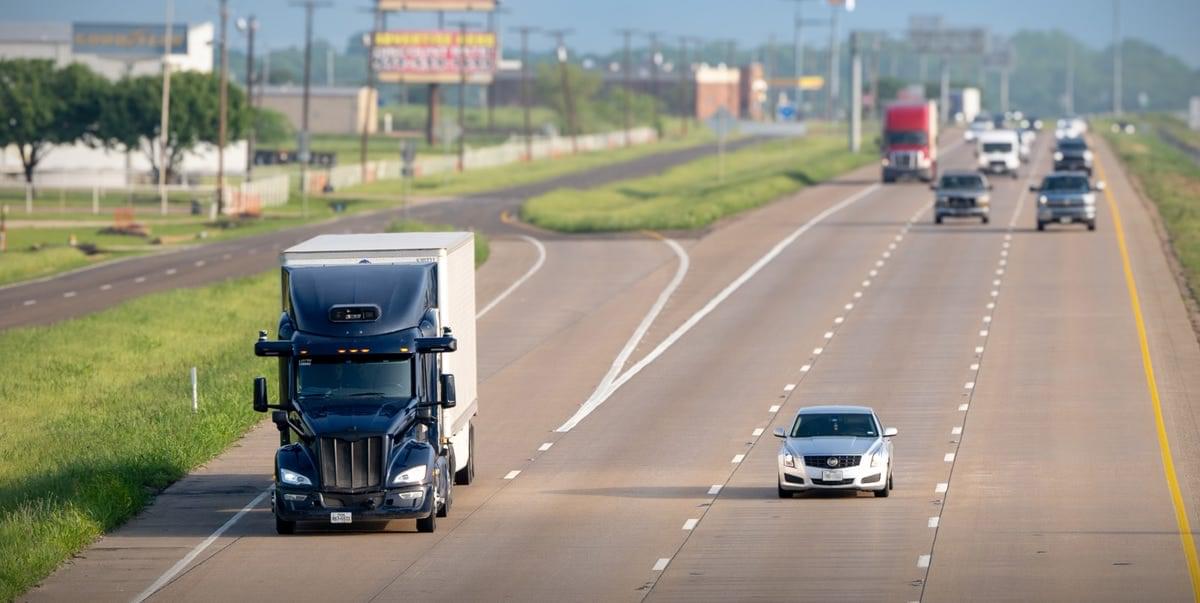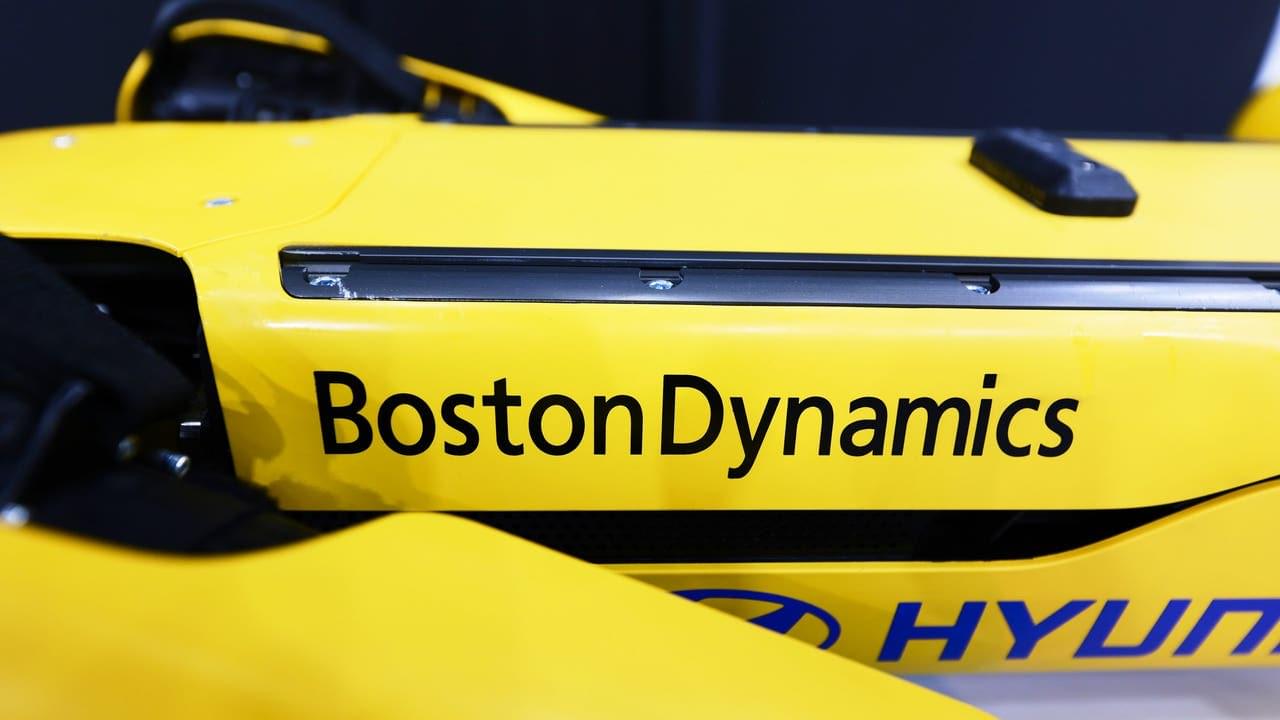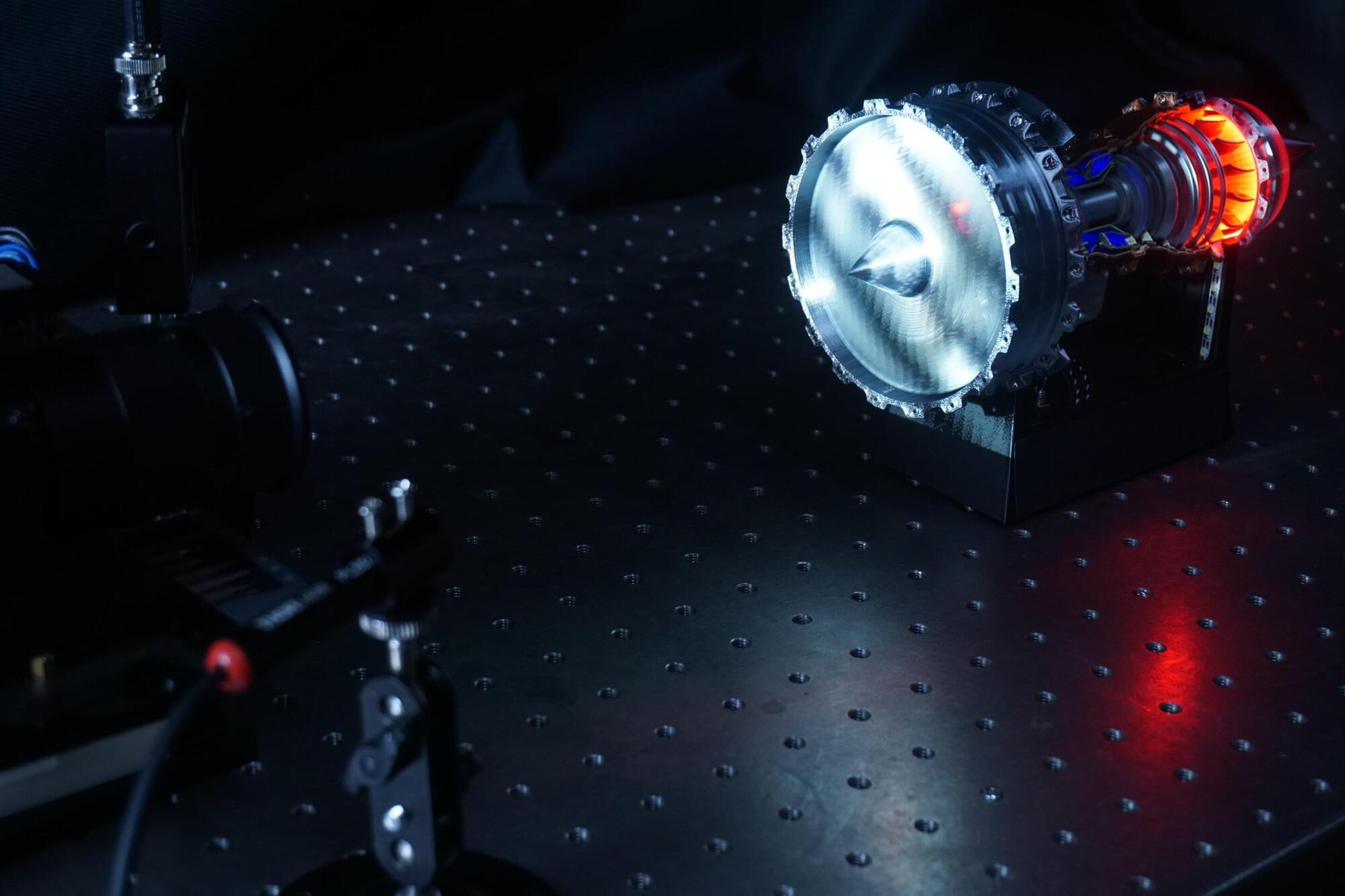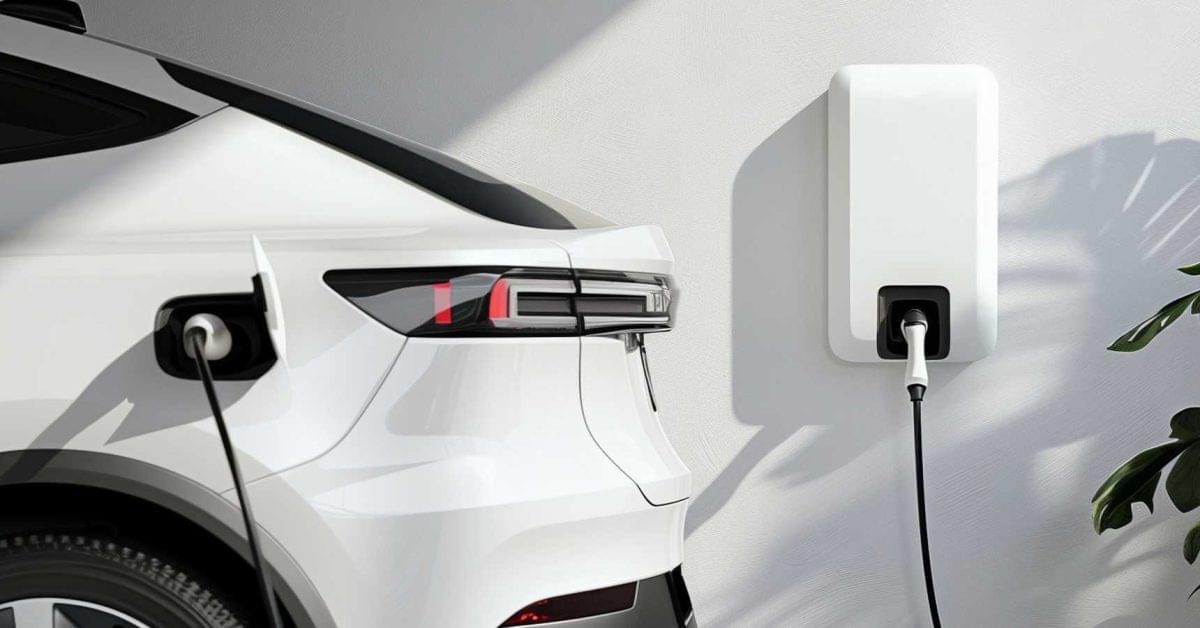The first test of Tesla’s long-promised robotaxi service in Austin, Texas next month will initially be limited to specific areas the company deems “the safest,” CEO Elon Musk told CNBC in an interview Tuesday.
Tesla’s cars are “not going to take intersections unless we are highly confident [they’re] going to do well with that intersection, or it’ll just take a route around that intersection,” Musk said. “We’re going to be extremely paranoid about the deployment, as we should be. It would be foolish not to be.”
Using a geofence represents a major strategy shift for Musk, who spent years claiming his company would be able to create a general-purpose self-driving solution that could be dropped in to any location and work without human supervision. (Geofence is a jargon term used in the autonomous vehicle industry that means a vehicle is restricted to a certain area.) Musk has claimed Tesla will attempt to launch similar trials for its robotaxi service in California and possibly other states later this year.
